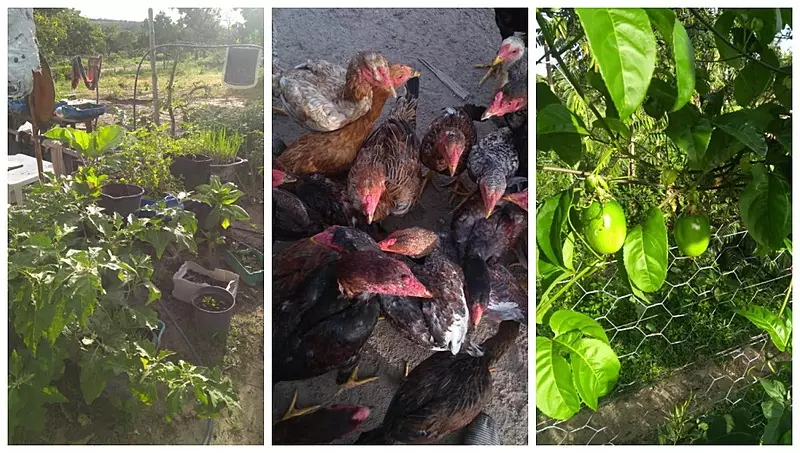We publish an inofficial translation of an article by A Nova Democracia.
On 23rd of September, 45 peasant families won the suspension of an eviction after resisting expulsion and threats of police brutality. The workers remain at the People’s Settlement Chê, located in the municipality of Piranhas in Goiás.
The eviction order was issued in the name of Judge Jesus Rodrigues Camargos, on 11/9. However, weeks earlier, a group of police officers, with the justification of carrying out a “situation survey” tried to enter the settlement, but were stopped by the peasants.
On the most recent occasion, after an eviction order and in the face of resistance from the peasants, the commander Major Gilvani, of the Military Police (PM), requested reinforcement for the execution of the eviction and, according to allegations, threatened the workers saying that he would use force. Undaunted by the threats, the peasants remained in the settlement.
The People’s Settlement's Long History of Resistance
The settlement covers an area of 2,700 hectares, occupied by families since 2015, the location is defined by “agrarian reform”. According to the Pastoral Land Commission (CPT), this is a situation in which the old state paid 40% of the value of the farm to the latifundio and then retreated, a fact that benefited the latifundio that claimed ownership of the area, starting to a new process of expropriation of land and expulsion of families.
The peasants had already resisted an eviction enactment in the midst of the pandemic. On 20th of January, a court official went to the camp to say that the families would have 15 days to vacate the area. In response to the official, one of the peasants present stated: “We are not going to vacate the area, no. Because we have nowhere to go. In the middle of an epidemic, how are you going to do it? Are you going to crowd these families into a gym in town? There are no conditions”, reported Gouveia to Portal Brasil de Fato.

Produce of families of people’s settlement Chê. Photo: Divino Gouveia










